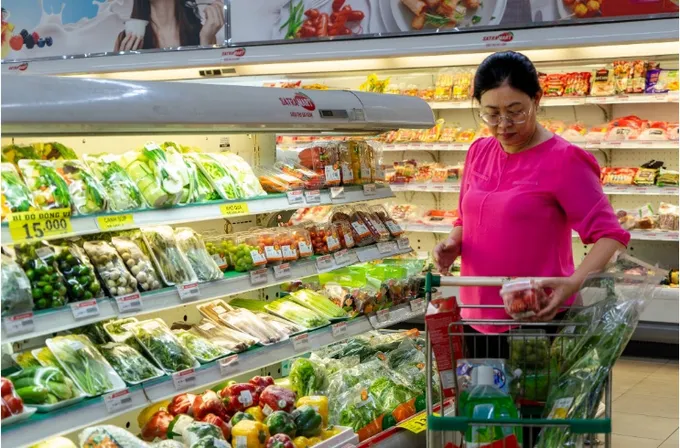
Consumers choose to buy food at Satramart in Centre Mall, Ho Chi Minh City
When green goods go right
In the Ho Chi Minh City market, many enterprises producing green products and goods meeting OCOP standards have found a stable direction thanks to connecting with modern distribution systems. Global Link Co., Ltd. is an example. This enterprise is supplying coffee and agricultural products meeting OCOP standards, currently present in many major distribution channels, including Satramart and the Satrafoods chain of stores. Recently, Mr. Nguyen Ngoc Luan, CEO of the company, said that sales revenue in the domestic market is quite positive. He commented that green products going in the right direction will create trust with consumers. Once entering the modern retail system, the product not only reaches the right customer base but also ensures its reputation and position in the market.
In fact, consumers today are not only concerned with price, but also increasingly place higher demands on transparency, safety and environmental responsibility in products. To meet that need, the SATRA retail system has proactively expanded connections with OCOP product suppliers and Green Enterprises to create a responsible distribution network from the root. According to SATRA's Q1-2025 summary, 104 OCOP products from 25 suppliers nationwide have been included in the retail system, of which Ho Chi Minh City alone contributed 32 products. In addition, 18 Green Enterprises were also supported to display and promote at points of sale, contributing to bringing the total revenue of this product group to more than 44.7 billion VND in just the first 3 months of the year.
Not only clean products or beautiful designs, the common point of the goods selected for the system is the ability to meet strict criteria on transparency and safety: having QR codes to trace the origin, meeting environmental standards, clear production processes, and strict control from input to distribution. According to a SATRA representative, that is also the criterion that this system is steadfastly pursuing in its strategy of developing a sustainable supply chain: "Not only providing goods to consumers, we also play a role in selecting and connecting responsible manufacturers, aiming to form a transparent domestic market and long-term development".
The important role of retail system
Putting goods on shelves is just one part of the modern distribution chain. For systems like SATRA, the bigger role lies in becoming a bridge between manufacturers - raw material areas and urban consumers. Especially for products from neighboring provinces, localities far from Ho Chi Minh City - where communication and logistics are still limited, being included in the retail system in Ho Chi Minh City is not only an effective consumption channel but also helps to elevate local products, creating opportunities to expand the domestic market. According to Mr. Vu Duong Quan, Head of SATRA Retail Management, this unit always creates conditions for green businesses to access the retail system. "We not only support putting products on shelves but also arrange separate display areas, helping consumers easily identify green brands. At the same time, we coordinate with businesses to organize product trials, direct promotions... The good news is that these products have recorded remarkable growth," said Mr. Vu Duong Quan.
It can be seen that the model of responsible distribution is becoming more and more evident. Instead of prioritizing low prices, the current retail system is shifting to selecting goods based on criteria of reliability, transparency and positive impact on the community and environment. This is a change in line with modern consumer awareness, where each purchasing decision also carries a social message.
Not only present on supermarket shelves, the responsible consumption ecosystem has also expanded to organizations and businesses in the inner city. In the first quarter of 2025, SATRA connected to supply OCOP products and green goods to 9 units under Saigon Tourism Corporation and 2 units under Saigon Water Corporation, with a total value of more than 1 billion VND. This is considered the opening step for a strategic direction: developing internal consumption channels in agencies, hospitals, schools, hotels, etc. to create a stable, long-term market for responsible goods. When concentrated consumption areas such as state-owned enterprises and public utilities become model customers, they not only create output for green products but also contribute to forming a sustainable consumption ecosystem right in the heart of the city.
This shift opens up a new direction of development for OCOP goods, safe food, recycled products, traditional handicrafts, product groups that often face difficulties in price competition. And at the center of that chain, the modern retail system is no longer the final destination of goods, but the place to shape value, connecting the right products with the right consumers.
According to Mr. Lam Quoc Thanh, General Director of SATRA, green development is a consistent principle throughout the entire system, from production to distribution. SATRA requires member units and suppliers to ensure environmental criteria, use friendly input materials, limit emissions and apply clean technology. At the retail system, green-standard products are arranged on separate shelves, prioritized communication and promotional policies to increase recognition. To date, 6/12 member units have achieved the title of Green Enterprise, and SATRA continues to support the remaining units, gradually forming a sustainable consumption ecosystem in Ho Chi Minh City.
https://www.sggp.org.vn/tu-san-pham-ocop-den-doanh-nghiep-xanh-post804093.html


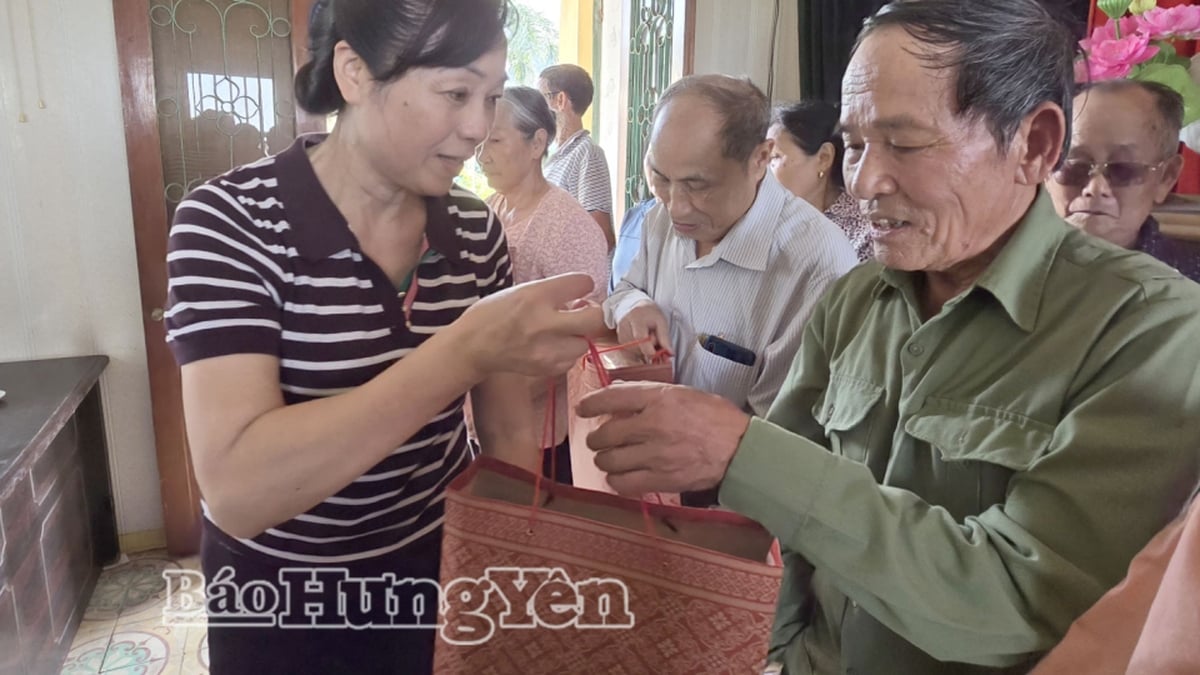



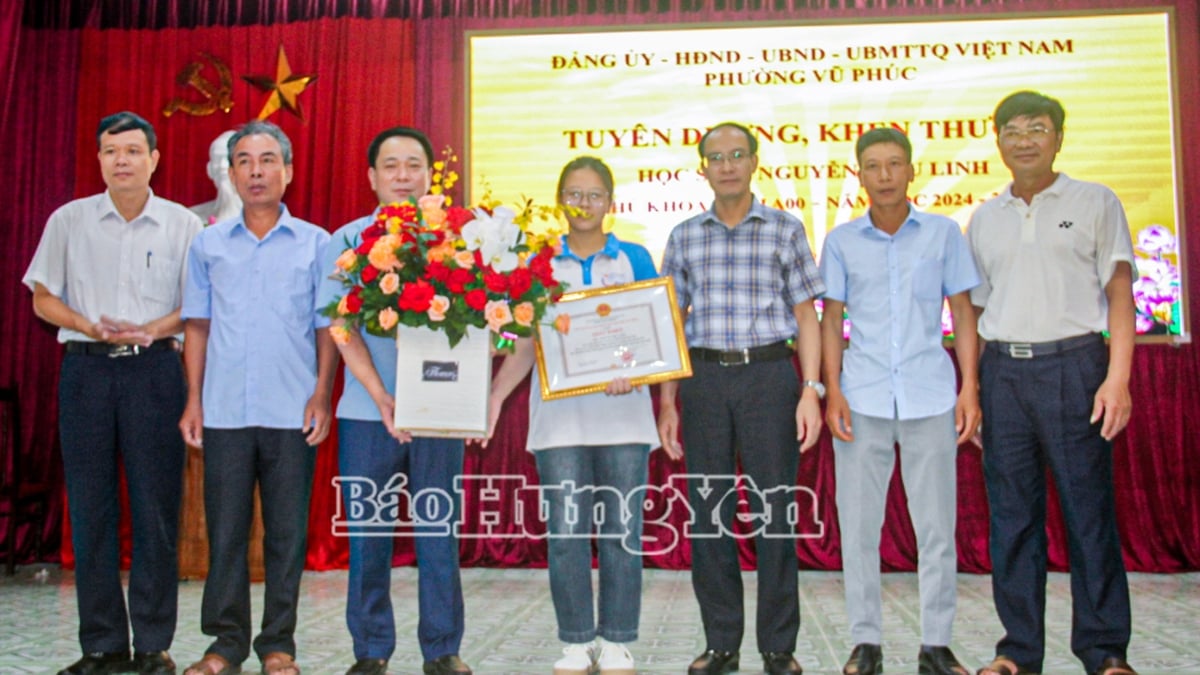

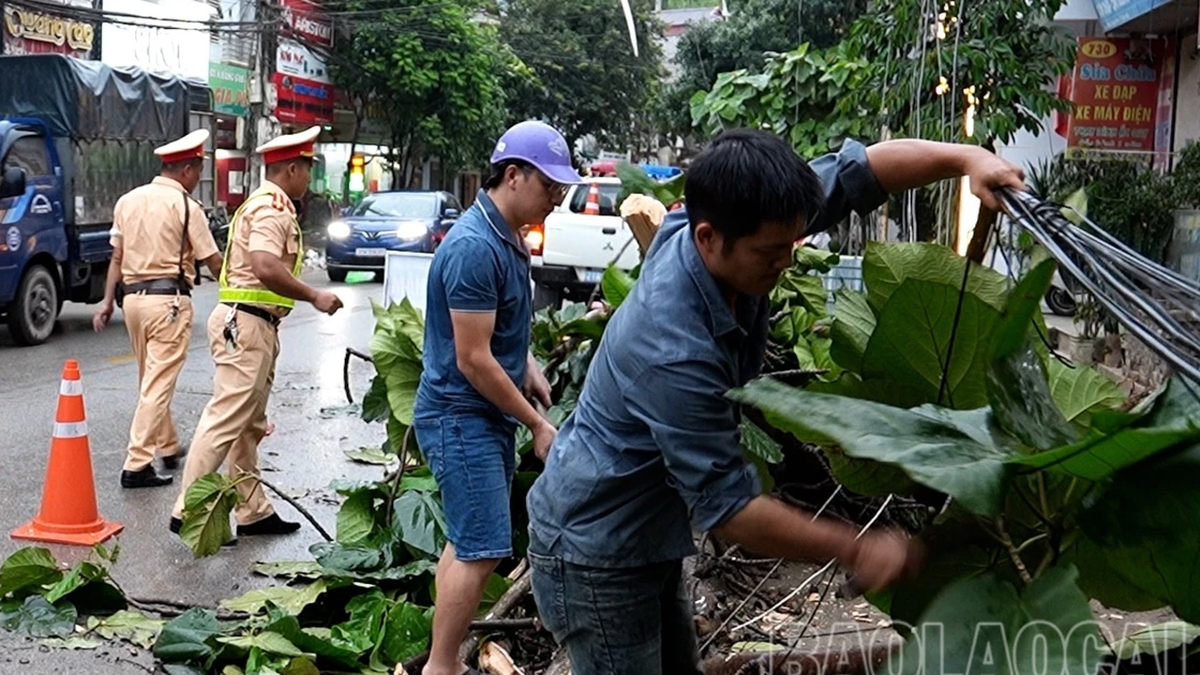
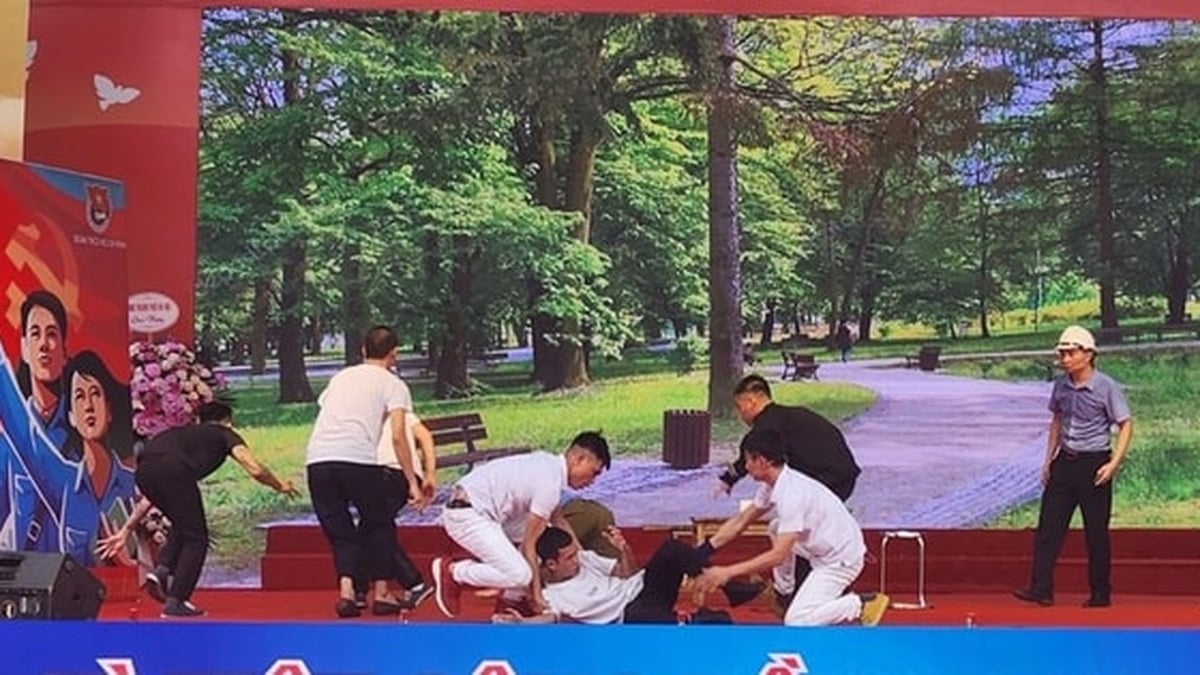
























































































Comment (0)